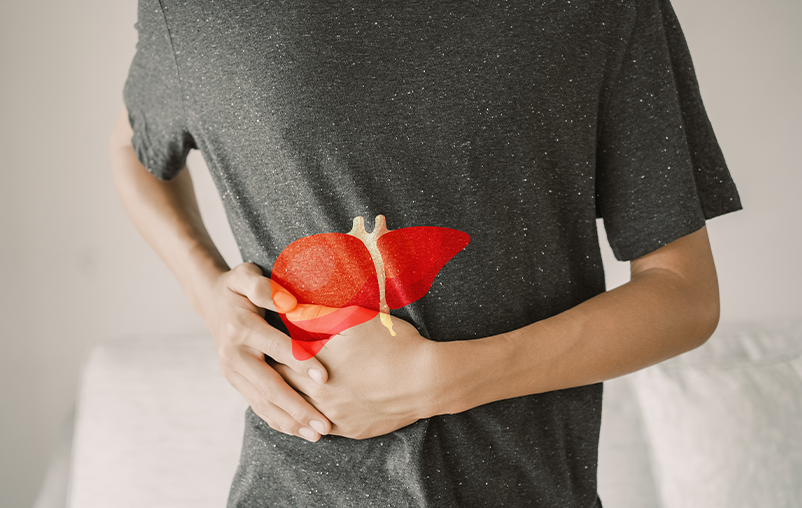Soldier Undergoes Unusual “Auto” Transplant After Sniper Attack
Surgeons removed his damaged kidney, fixed it, then put it back. Army CPL says his own healthy kidney is the best holiday gift ever.
On August 25, 2011, U.S. Army CPL Joshua Saul was serving in Afghanistan when he was shot in the back by a sniper. The bullet caused extensive internal damage. Months later, after five operations, the young soldier was not even close to being able to regain his health, and his quality of life was very poor.
Due to the location of his injuries, and the multiple bowel operations he had already underwent, the military urologists felt they had no other surgical options to offer. That’s when they mentioned “autotransplantation,” an extremely complex operation in which the damaged organ is removed from the body, repaired and then re-transplanted. Knowing how intricate this groundbreaking procedure would be, the military referred CPL Saul to Dr. Gregory Abrahamian, director of Renal Transplantation at the University Transplant Center at University Hospital and assistant professor of Transplant Surgery at UT Medicine, the clinical practice plan of the School of Medicine at the UT Health Science Center.
Dr. Abrahamian had performed this procedure a few times and felt this was the best option for CPL Saul. The operation went according to plan at University Hospital on December 22. CPL Saul is recovering at the Fisher House at Fort Sam Houston with his family there to support him. He is feeling better everyday, and is very grateful for his life and the opportunity to receive this operation. “No other surgical procedures are expected unless a complication in the repair develops,” said Dr. Abrahamian. “He does have an internal stent that is scheduled to be removed in the near future in the outpatient setting. “ CPL Saul will have no lifestyle or dietary restrictions and is looking forward to regaining his good health and getting on with his life.
Contact: Leni Kirkman or Julie Wiley
210-358-2335, pager 210-203-3300



